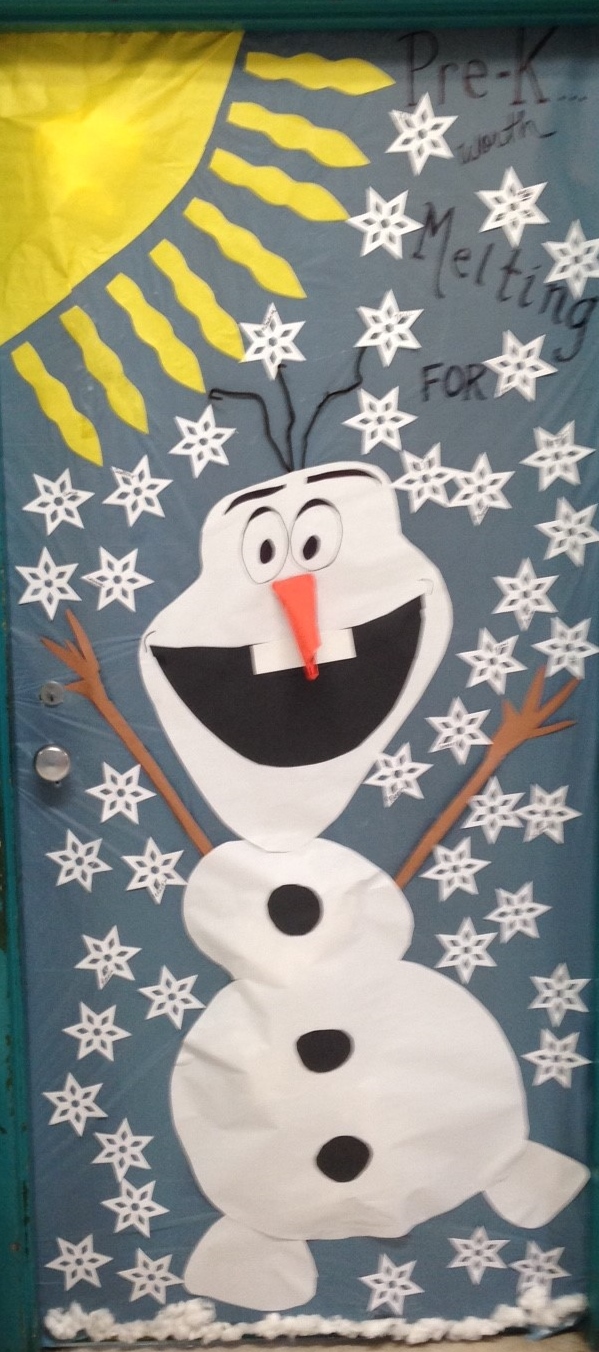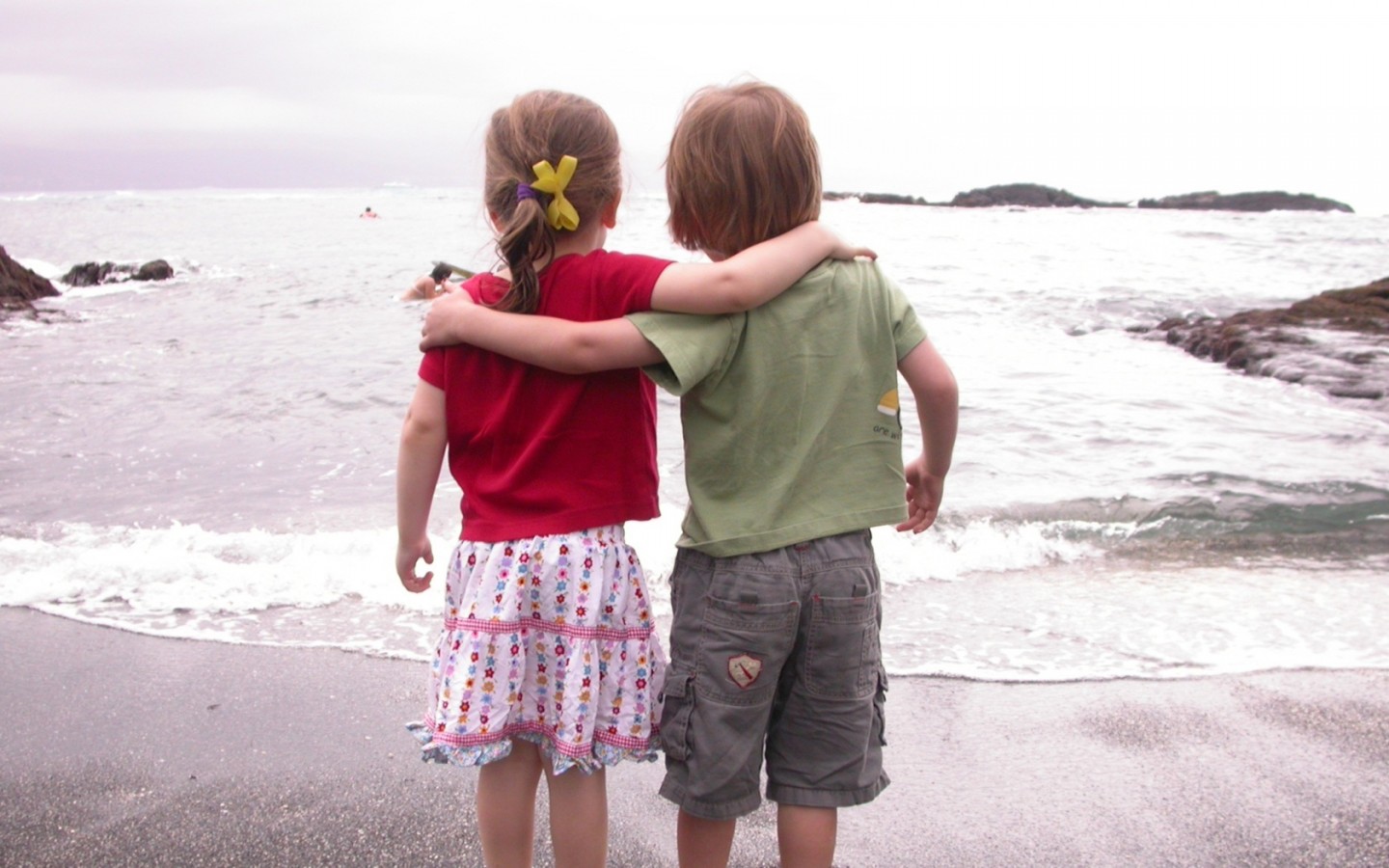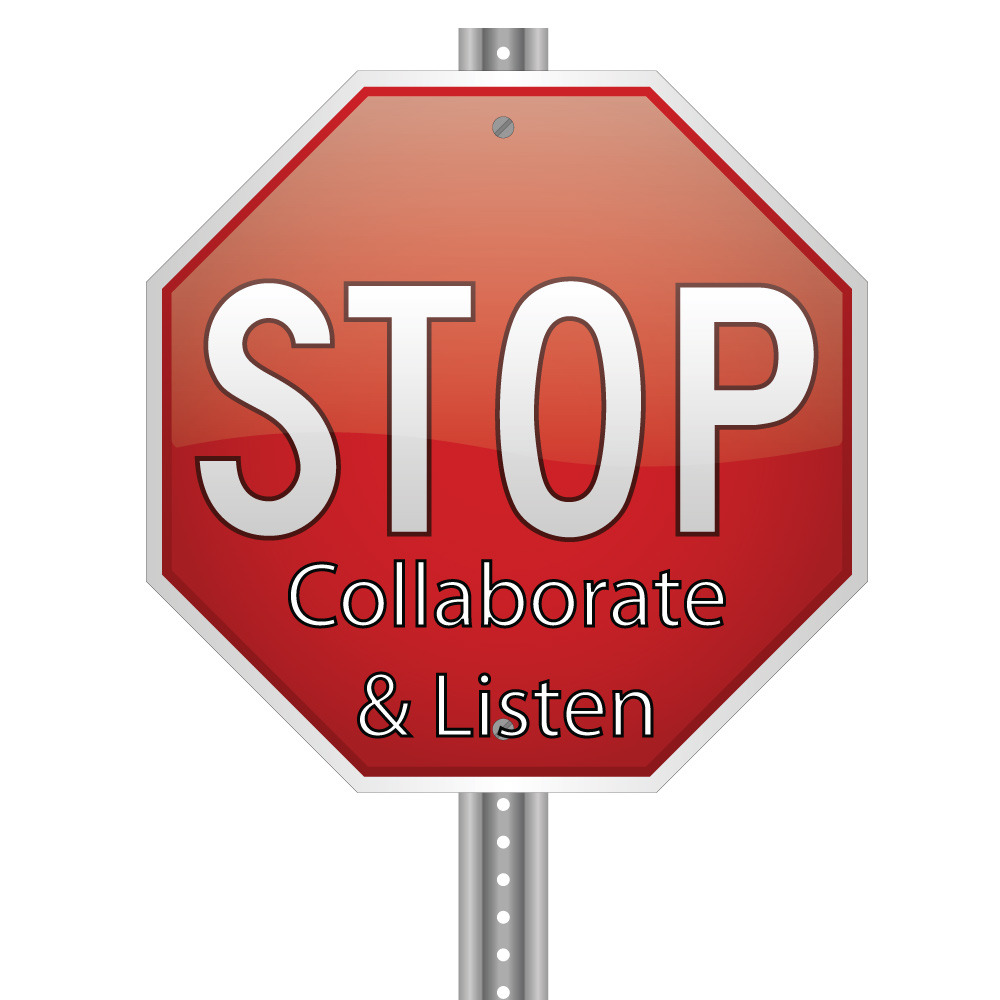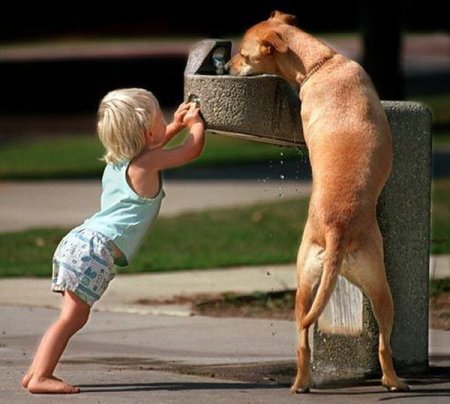
Frederick Douglass once said, “It is easier to build strong children than to repair broken men.” As a parent, that is both empowering and terrifying. We live in a culture that seems to encourage “passing the buck”. In fact, I just watched the president of FIFA, the governing body over World Cup Soccer, stand before cameras back peddling to distance himself from any personal responsibility in the recent scandals plaguing his organization. It would be amazing to see a leader stand up and say, “As the president of this organization I accept full responsibility for what has happened, and will devote my efforts towards discovering where lapses in oversight occurred. I vow to fix what is wrong within my organization.” This man was about 80 years old, and yet he still seems incapable of accepting consequences.
Now, I don’t mean to single out one specific person, but this was the most recent incident and is fresh on my mind. This mindset is so rampant in society that it isn’t hard to find examples. As a mother of two young adults, I have made mistakes and I’ve done some things right. But I have learned some things along the way that I thought I would share. Why? Because I think Mr. Douglass is correct. I think that we need to put the work in on the front end, instead of frantically working to undo the damage on the back end. I also agree that it takes a village to raise kids. So, here are my thoughts:
1. Don’t protect them from their bad choices. Sometimes good kids make bad choices. And sometimes those bad choices come with consequences that they need to face. Did I naturally grasp this concept? Absolutely not! I owe this bit of wisdom to my daughter’s third grade teacher, Ms. Bishop. When Rachel forgot to bring home her homework, I took her back to school to get it–or her friend who lived a few houses up would get her mom to make a copy of it for Rachel to complete and take to school the next day. Why? Because if she came to school without her homework, she had to do it during recess. Her teacher finally told me, “Mrs. Miles, you are a wonderful mother and you have the best of intentions. But (and here comes the best part!) you need to cut the apron strings and let your child stand on her own two feet.” I’ll admit that it stung a bit to hear it, but she was so right! By swooping in and saving Rachel from consequences of forgetting, I was enabling her and she was learning NOTHING. So, I stood back and let her face her recess loss a couple of times. She not only survived (shocking, I know) but it only took once or twice for her to remember to bring her homework. Not only that, she had to come up with a system to organize herself and began diligently keeping a planner. To this day, she lives by her planner and she graduated earlier this month Summa Cum Laude from college. I think the lesson Ms. Bishop empowered me to teach her made all the difference in creating a strong academic student, who could organize her time and keep track of assignments. After all, at some point Mommy can’t rush you back to school!
2. Let them fail at something. Fail? I can hear a collective gasp of horror from many of my parent friends already. But your child will survive a failure and learn a great deal from it in the process. How do I know? Because I’ve failed at things and more than likely you have to. It is okay, and it generally makes us stronger in the long run. I’ve seen both of my kids work their butts off to audition for something, only to get passed over. Sometimes teachers, bosses, and coaches pick favorites, and it isn’t fair. Or maybe sometimes someone is just better than you at something. But the world isn’t fair, and sometimes learning that lesson is a good thing. If we can help frame “failures” as learning opportunities, we are doing a great service to our kids. Try to avoid being one of those parents who races to the school if your child doesn’t get the grade you think he or she earned. Instead, help your child see ways that they could have studied harder or more effectively. Did your child pass up a chance to do extra credit? Did he skip a class and miss a pop quiz or a study guide? Chalk it up to a learning experience and move on.
3. Help them develop problem solving skills. Every time your child is faced with a problem, it presents him or her with a chance to figure out a way to solve it. Every time we tell them what to do to fix it, we deprive them of the opportunity to develop strong problem solving skills. I’ve worked with adults who literally freeze in a panic when a problem suddenly appears unexpectedly. Obviously we all love it when things go like they should without any glitches–but let’s be real. How often does life go as planned? If we send our kids out into life without developing strategies to come up with a Plan B, without it totally undoing them, we are sending them out unprepared. Eventually they will learn, but the stakes are higher and the lessens tougher when they are young adults than if they’d learned these skills as children.
4. Be a good example. Okay, ouch! This is a tough one for me. But it is something I’ve tried to become more cognizant of as time goes on. Our kids don’t listen to our lectures nearly as much as they watch us react to situations. That is where the real learning is taking place. If we freak out when we get lost leaving a city, or when the car gets a flat tire, we are teaching them more than we might realize. And it’s probably not the lesson we want them to learn.
5. Encourage positive thinking. Negativity is one of the most sinister of all the traits out there, and it can sap the strength from our kids. Negative thinking leads to low self esteem, which in turn can lead to a myriad of self destructive behaviors. This is a personal struggle that I have with one of my two children, and the best solution I’ve been able to come up with is to talk him through experiences and attempt to re-frame them in a more positive way. My hope is that eventually he will learn this strategy, and put it into practice himself. In retrospect, he’d have likely not survived middle school without some help framing peer interactions and problems with a couple of teachers. If you have a child who leans towards the negative in recalling every experience, then it requires ongoing diligence and support. This is one instance where leading by example is crucial.
6. Give them responsibility. One of the best ways to become a strong person is to prove to yourself and others that you can be trusted with responsibilities. I think my parent’s generation did a better job overall of giving kids a list of chores and responsibilities around the house than mine does. There is such a valuable lesson to be learned from being responsible for a pet, or cleaning a room, mowing grass or doing the dishes. One day, every one of us has to learn how to do those things. Self discipline is crucial for success in life, and home is a relatively safe place to develop it. Parents are likely going to be a bit less harsh when a chore isn’t completed on time than a future boss.
Essentially, we want our kids to be prepared for the challenges of the world so that they can tackle problems, and bounce back from failures without completely falling apart. We want them to learn to cope with whatever life throws at them, even when it is something major.
In addition, we want them to be able to express their emotions, and become confident about who they are as people. I would love to hear your thoughts on this topic. Did you get advice from a teacher that proved to be helpful to you as a parent? Thanks in advance for your input.
Photo credit: http://kidsfirstcommunity.com/






































